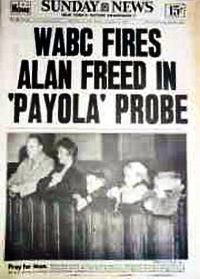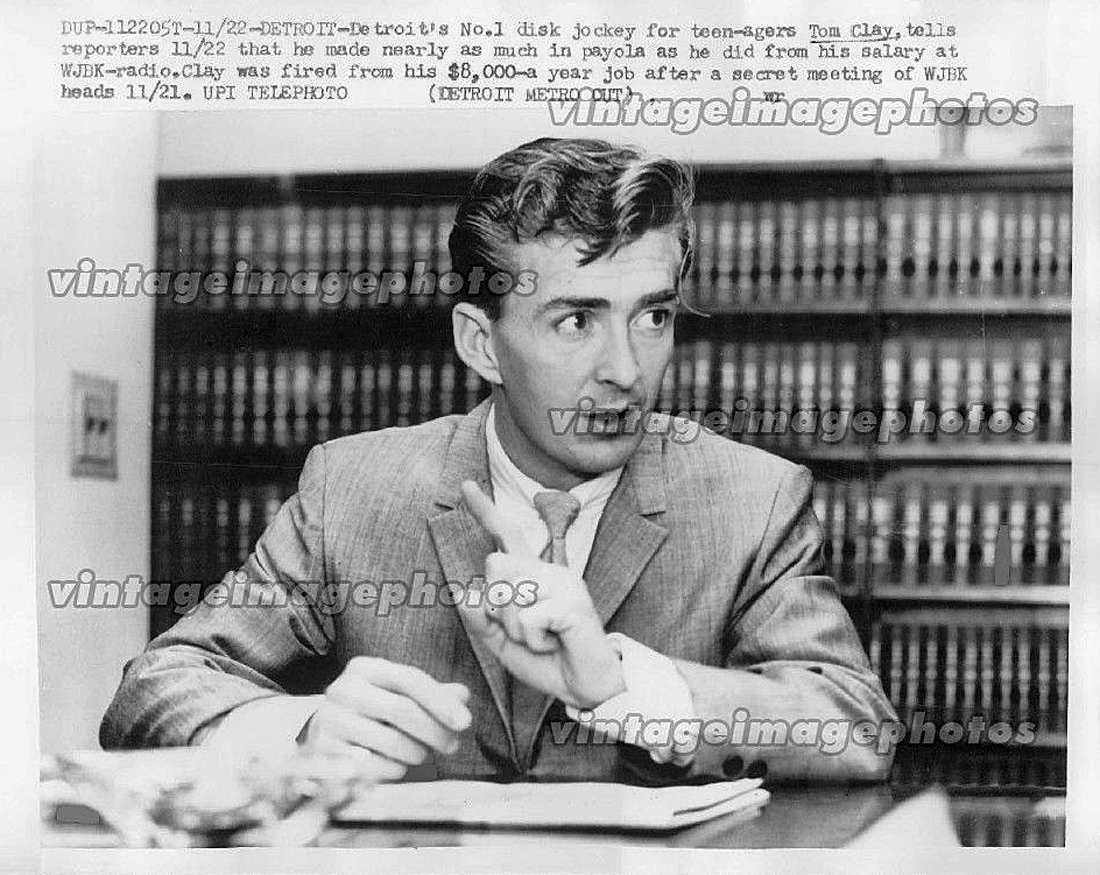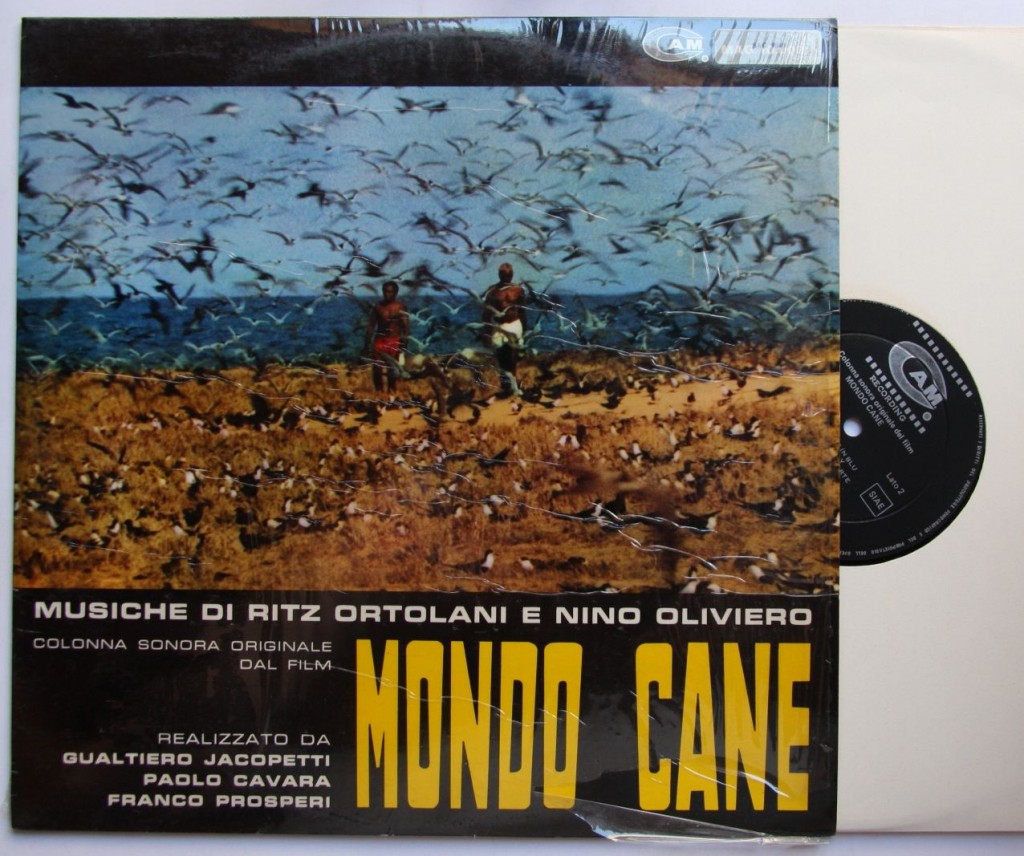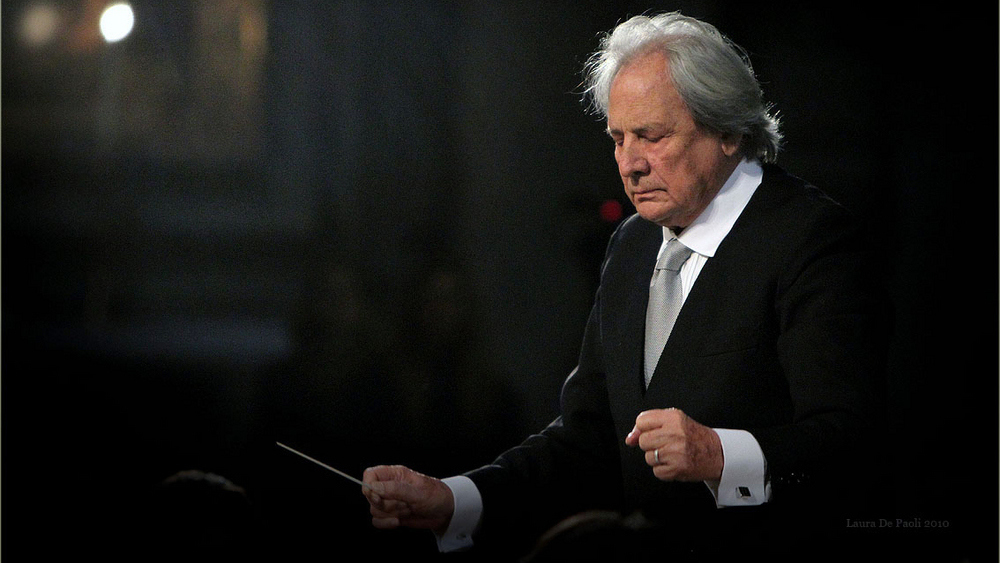CKLW RECALLED ON MOTOR CITY RADIO FLASHBACKS
CKLW-AM 800 * 1964 * TOM CLAY
![]()
___
A NEW FEATURE ON MOTOR CITY RADIO FLASHBACKS!
DETROIT FREE PRESS: CKLW-RADIO 80 ‘Clay’s On “Ck”’
(Above CKLW ad courtesy freep.com newspapers archive).
Missed the previous ‘Detroit Radio Back-Pages’ (WXYZ LEE ALAN) feature? GO HERE.
A MCRFB Viewing Tip: On your PC? For a larger detailed view of this CKLW Tom Clay ad click image 2x and open to second window. Click image anytime to return to NORMAL image size.
(Click your server’s back button to return to MCRFB home page).
![]()

While this 1964 CKLW Tom Clay aircheck is less than stellar in its audio presentation, MCRFB feels this aircheck is significantly historic in content as it was recorded June 18 and June 19, 1964, the 19th having been Tom Clay’s last show heard on CKLW radio in Detroit. In this aircheck, Tom Clay talks about the Beatles, reads letters from CKLW listeners, mentions Terry Knight (formerly WJBK; his eventual replacement at CKLW) and also Clay talks about his tribute to JFK, commenting on his recording of “Six White Horses.”
Also in this feature today Tom Clay is heard firing off a few words towards a Detroit newspaper daily as well, for bringing up whatever role (as the daily implied in print) he was accused having played during the payola scandal earlier in his Detroit radio career, while a disk jockey at WJBK in the late-1950s. Tom Clay’s last day on CKLW was on a Friday, June 19, 1964. 51-years ago.
___
For more on Tom Clay archived on Motor City Radio Flashbacks to date, GO HERE.
![]()
 From the MCRFB news archives: 1964
From the MCRFB news archives: 1964
Clay, CKLW Split ‘Amiable’
Post previously featured on MCRFB: February 15, 2012
 DETROIT — The departure of featured deejay Tom Clay from CKLW last week was as an “amiable termination” based on Clay’s decision to quit because he was not able to spin his own records, and was not based on any difference of programming, as reported elsewhere.
DETROIT — The departure of featured deejay Tom Clay from CKLW last week was as an “amiable termination” based on Clay’s decision to quit because he was not able to spin his own records, and was not based on any difference of programming, as reported elsewhere.
Clay felt he was not doing enough on his show when not allowed to play the records himself, but John Gordon, CKLW’s program director, told Billboard that present contracts with both the engineers and AFTRA prohibit this practice at the station.
Last week the Tom Clay show was replaced by the Terry Knight show, Monday through Friday, 7 to 11 p.m. and 1 to 6 p.m. on Sundays. Knight comes from WTRX, Flint, where he had a similar show and was formerly a deejay on WJBK. END
(Information and news source: Billboard Magazine; July 11, 1964)
![]()
 From the MCRFB news archive: 1971
From the MCRFB news archive: 1971
High In Demand, Former Detroit Radio Jock Consigns His ’60s Narrative Over To Motown Records

LOS ANGELES — Tom Clay, the former Detroit radio personality now free-lancing in this area, this week turned over his produced master, Tom Clay’s, “What The World Need Now Is Love,” to Motown Records, with Dick Sherman, West Coast sales director for the firm. Sherman assured Clay free records so Clay could satisfy a previously-made deal with listeners who wrote in, while spiking high demand for copies. Clay stated he had 17,000 written requests for freebie disks, when he withdrew the offer June 1.
Clay prepared for his two-week vacation-fill slot over KGBS, local radio station here, by doing an eight-minute production, which he felt expressed his philosophy on the contemporary world situation. The recorded production interwove music and news events in Clay’s narration with special emphasis Dr. Martin Luther King, Jr., Senator Robert Kennedy and President John F. Kennedy. Clay played his recorded production once on his first day at KGBS on May 22. He was off Sunday but when he returned on May 24, disk jockeys on KGBS over the weekend told him of repeated requests. The deal is one of the label’s rare master purchases.
Dave Bell, Motown’s West Coast promotions chief, went into the studio June 1 and recut the entire production cutting the time from over 8 minutes to 6 minutes and 20 minutes. Motown is rushing the record for national release. END
_______________
Information and news source: Billboard; June 12, 1971
![]()
 From the MCRFB NEWS archive: 1959
From the MCRFB NEWS archive: 1959
Spells Hefty Career Damage For Many; Finis For Some; Policy Shifts Likely
NEW YORK — Judging by events of the past week, one effect of the current deejay-payola probe is likely to be that of at least 25 disk jockeys (ranging in importance from the moderate to the biggest names), program directors, record execs and publishers will have been substantially damaged as far as their careers in the music business is concerned.
Some will recover, but other may truly “go down the drain,” in the words of Alan Freed, who lost both his jobs at WABC and WNEW-TV last week.
Budget Angle
 One of the most immediate effects of the probe may very well be a sharp decrease in the number of local record-hop type shows. Freed’s parting with WNEW-TV was said to have been at least partially sparked by AFTRA’s ruling that Freed (who reportedly was paid only $450.00 weekly for six-hour long daily TV shows) paid scale (about $140) to each act for lip-synching to records on his show.
One of the most immediate effects of the probe may very well be a sharp decrease in the number of local record-hop type shows. Freed’s parting with WNEW-TV was said to have been at least partially sparked by AFTRA’s ruling that Freed (who reportedly was paid only $450.00 weekly for six-hour long daily TV shows) paid scale (about $140) to each act for lip-synching to records on his show.
Freed — and many other TV record hop emcees across the country — usually had from four to eight disks guests daily, thereby posing a practically impossible budget problem.
In line with this, station WJBK, Detroit, has said it had no intention of scheduling another “Detroit Bandstand” show replacement for emcee Dale Young, who resigned from that station last week, refusing to comment on the reason for his exit.
Tom Clay was fired from WJBK over the weekend, after he admitted accepting payola. Clay admitted he received about $6,000 over the last year and a half from small record companies. Another Detroit broadcaster, Jack Le Goff, was fired last week from WJBK after he aired an editorial defending payola “as a part of American culture.” Still another Detroit radio jock, Dom McLeod, resigned also from WJBK last week, making three spinners out in a 36-hour period.
Other Resignations
Although the payola probe wasn’t necessarily involved, several other deejays resigned from stations across the country last week. Joe Niagara moved his previously announced December 19 resignation date (from WIBG Philadelphia) up to last Monday (November 23) following a conference with WIBG managing director John C. Moler.
Three of Boston’s top jocks (Stan Richards, Bill Marlowe, Joe Smith) were given notice by WILD,in what was described as a move “to de-emphasize the role of the deejays and to emphasize the role of the station from now on.”
The WILD story suggests what many in the trade believe to be a strong possibility — namely that the probe may result in the selection of music being taken out of the hands of individual disk jockeys and program directors almost entirely.Confronted with a threat to their FCC licenses, station management may decide the only solution is to ride herd on record programming personally.
It has been suggested that they elimination of payola will mean the return of “good music” (i.e. non-rock and roll) to radio. However, station management usually places more emphasis on the importance of ratings than anybody else in a radio operation, so the only conclusion is that they will give the public what surveys and rating indicate it wants to hear — be it rock and roll, far-out jazz or the minuet. Ratings services, of course, have also been recently been accused of hanky panky.
‘Payola’ Not Defined
The word ‘Payola’ itself has yet to be defined. Some stations believe it perfectly proper for jocks to have ownership interests in publishing companies, record firms, distributing outfits, etc. — as long as they don’t infringe on station programming; while other consider such activities just as much a part of payola as cash on the line.
 For example, John V. B. Sullivan, general manager of WNEW, New York, says he doesn’t consider it real payola “unless it affects the music.” Consequently, said Sullivan, he has no objections to WNEW jockey Lonnie Starr’s ownership in a couple of firms. Because his investigations have shown they don’t show up on his radio program. In fact, notes Sullivan, last year the firm actually cost Starr $400.
For example, John V. B. Sullivan, general manager of WNEW, New York, says he doesn’t consider it real payola “unless it affects the music.” Consequently, said Sullivan, he has no objections to WNEW jockey Lonnie Starr’s ownership in a couple of firms. Because his investigations have shown they don’t show up on his radio program. In fact, notes Sullivan, last year the firm actually cost Starr $400.
Sullivan also said that, “I don’t care if Frank Sinatra wants to give WNEW jockey Bill Williams a Cadillac because Williams would be playing Sinatra record already — thus such a gift wouldn’t affect the music.”
Westinghouse View
On the other hand Westinghouse Broadcasting last week said, “WBC does not condone disk jockeys’ ownership of record companies, distributing companies, publishing companies or ownership of talent. That is because of the actual or potential conflict of interest between ownership on the one hand and the creative selection of programming on the other.” Westinghouse did not say if it would take any action if investigation reveals that any of it’s jockeys are involved in such outside activities.
Harold Anderson, general manager of WINS, New York, agrees with WNEW manager Sullivan, in that he doesn’t think ownership of labels, etc., necessarily constitute payola. For example, he said the station is aware of jockey Murray Kaufman’s publishing and recording activities but he doesn’t think they may influence the spinner’s programming, because jocks at WINS don’t select records played on their own shows.
The disks are selected by the program department, with the assistance of a rotating trio of jocks. Anderson said he is convinced “our people are perfectly clean,” and that instant dismissal would follow if he discovered anything to the contrary.
The happiest result of the probe should be that it will make payola deals so difficult to manage in the future, that legitimate forms of record promotion will have a tremendous resurgence moving forward. END
___
(Information and news source: Billboard; November 30, 1959)
![]()

WJBK-AM (DETROIT) – FIRED!
___
Famed Detroit radio personality Tom Clay, by his own admission before reporters on November 22, 1959, alluded having taken cash while employed at WJBK. Clay’s tenure at WJBK was immediately terminated at the height of the payola scandal which rocked the radio industry across the country throughout the year.
(Click on image 2x for enlarged and detailed PC view)
![]()

 TOM CLAY. In 1964, the widely-popular radio personality used to recite his composition, “What Ever Happened To,” occasionally, during his radio shows on CKLW radio. Adapted from the 1962 motion picture soundtrack album, Mondo Cane, this was the background instrumental music, track entitled, “More,” which originally Tom Clay selected to play while he read his self-authored piece to his large radio following here in Detroit.
TOM CLAY. In 1964, the widely-popular radio personality used to recite his composition, “What Ever Happened To,” occasionally, during his radio shows on CKLW radio. Adapted from the 1962 motion picture soundtrack album, Mondo Cane, this was the background instrumental music, track entitled, “More,” which originally Tom Clay selected to play while he read his self-authored piece to his large radio following here in Detroit.
Soundtrack music conducted by Ritz Ortolani and Nino Oliviero.

![]()